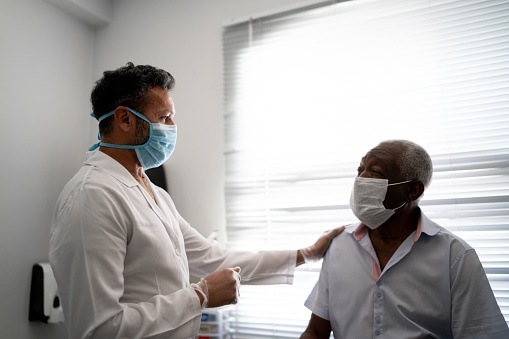
Sickle cell disease (SCD) shortens life expectancy and leads to morbidity. Recent advancements in allogeneic hematopoietic cell transplant (HCT) and gene therapy with ex vivo manipulation of autologous hematopoietic stem cells have curative potential, both therapies come with risks.
A team of researchers conducted a systematic review to compare HCT and gene therapy in SCD. They presented results at the all-virtual 62nd ASH Annual Meeting & Exposition.
The team searched the Medline and Embase databases for any studies reporting HCT or gene therapy outcomes in SCD. Inclusion criteria were phase I-III trials, retrospective reviews, or case reports that included more than one patient with SCD who received HCT (any donor type or conditioning regimen) or gene therapy. Exclusion criteria were non-English works and preclinical studies.
The study’s primary outcomes included overall survival (OS), event-free survival (EFS), transplant-related mortality (TRM), and secondary malignancies. The researchers also aimed to examine secondary outcomes such as end-organ function, acute chest syndrome/vaso-occlusive episodes (ACS/VOEs), and health-related quality of life (HRQOL).
After removing duplicates and applying exclusion criteria, the researchers identified 56 studies; 53 of them reported outcomes from HCT, with a total patient population of 1,149. Three studies reported outcomes from gene therapy, with a total patient population of 28. In the HCT studies, median patient age was 11.5 years. Most gene therapy patients were older than 18 years.
With HCT, two-year OS and EFS were 91% and 87%, respectively. Those outcomes were not reported in the gene therapy studies. In HSCT, TRM occurred in 74 of 1,042 patients (7.1%) over a median of three years of follow-up. There were no reports of TRM over a median of 1.6 years in patients in the gene therapy studies. Secondary malignancies were reported in four patients in the HCT studies and one in the gene therapy studies.
Data were lacking for any other comparisons, the researchers said. There was not enough data to analyze and compare ACS/VOEs. Fourteen HCT studies reported six strokes or transient ischemic attack, but none of the gene therapy studies included stroke as an outcome. Furthermore, only one study measured changes in tricuspid regurgitant jet velocity after transplant, only one study reported on renal function, and only two studies performed in pulmonary function testing, all in the HCT group. Very few studies reported HRQOL: eight HCT studies and no gene therapy studies.
“While long-term HCT and early gene-therapy data demonstrate regimen efficacy, reporting of other important post-transplant outcomes such as end-organ function, persistence of SCD-related complications, and patient-important outcomes is lacking for both strategies,” said lead presenter Lianne Rotin, MD, PhD, of the Department of Medicine at the University of Toronto in Canada. She noted that small sample sizes and varied methods for reporting outcome data, particularly in HCT, made comparisons difficult, and she advocated for standardized reporting in the future.







 © 2025 Mashup Media, LLC, a Formedics Property. All Rights Reserved.
© 2025 Mashup Media, LLC, a Formedics Property. All Rights Reserved.